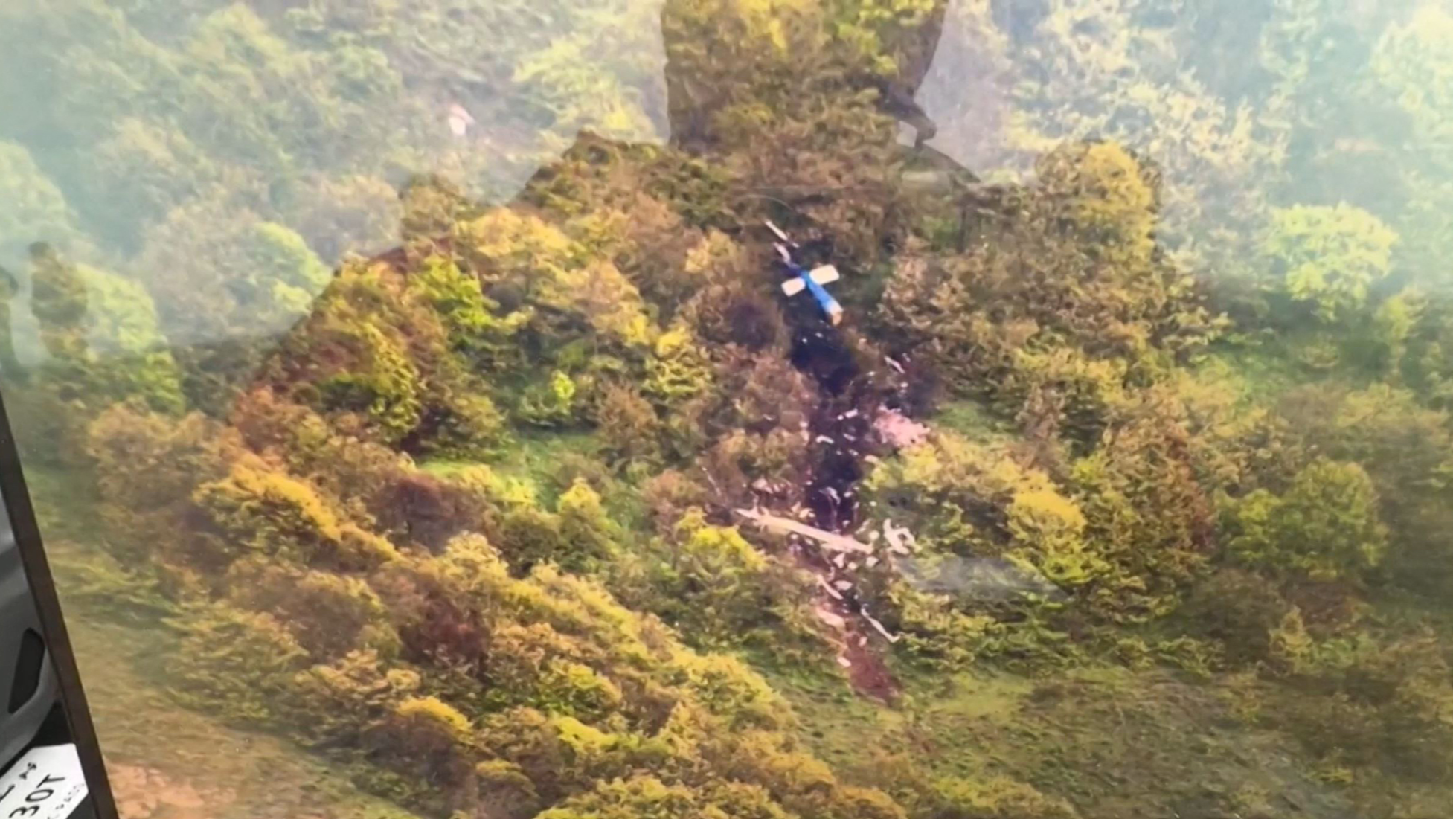Washington cites logistical reasons as it sends condolences after crash

The United States on Monday said it had been unable, due largely to logistical reasons, to accept an Iranian request for assistance following a helicopter crash over the weekend that killed Iranian President Ebrahim Raisi, as Washington offered its condolences.
"The United States expresses its official condolences for the death of Iranian President Ebrahim Raisi, Foreign Minister (Hossein) Amir-Abdollahian, and other members of their delegation in a helicopter crash in northwest Iran," Matthew Miller, US State Department spokesperson, said in a statement.
READ MORE: Global leaders express shock over death of Iranian President, FM
The US State Department said Iran, which has had no diplomatic relations with Washington since the aftermath of the 1979 Islamic Revolution, reached out after Raisi's chopper crashed in foggy weather on Sunday.
"We were asked for assistance by the Iranian government. We did make clear to them that we would offer assistance, as we would do in response to any request by a foreign government in this sort of situation," Miller told reporters.
"Ultimately, largely for logistical reasons, we were unable to provide that assistance," Miller said, without elaborating.
He declined to go into detail or describe how the two countries communicated. But he indicated Iran was seeking help in the immediate aftermath to find the helicopter.
The crash came after the US and Iran reportedly held their latest talks in Oman aimed at increasing stability following open clashes between Iran and Israel, Agence France-Presse reported.
The wreckage of the helicopter, which was carrying Raisi, Amir-Abdollahian and other passengers and crew, was found early on Monday after an overnight search in foggy conditions.
US Defense Secretary Lloyd Austin told reporters on Monday that "the United States had no part to play" in the crash and that the Pentagon had no insight into the cause. "I can't speculate on what may have been the cause," he told reporters.
The helicopter went down in the Varzaqan region north of Tabriz, as Raisi returned from an official visit to the border with Azerbaijan, in Iran's northwest, to inaugurate a dam, a joint project with the neighboring country.
Former Iranian foreign minister Mohammad Javad Zarif on Monday blamed the US for the crash.
In an interview, Zarif said the unilateral sanctions imposed by the US compromised Iran's access to modern aviation facilities and the civil aviation industry.
Sanctions blamed
"One of the culprits behind yesterday's tragedy is the United States, because of its sanctions that bar Iran from procuring essential aviation parts," Zarif said in the interview.
He said the US has barred the sale of spare parts for planes in Iran.
"This will be listed on the blacklist of US crimes against the Iranian people," Zarif said, according to the Daily Sabah in Turkiye.
Austin played down any US concerns that the crash might have immediate security implications in the Middle East.
"I don't necessarily see any broader, regional security impact at this point," he said.
State media reported that images from the site showed the US-made Bell 212 helicopter slammed into a mountain peak, although there was no official word on the cause of the crash.
ALSO READ: Iranians mourn late president
Iran was a major buyer of Bell helicopters before the 1979 Islamic Revolution, though the exact origin of the aircraft that crashed was not clear, Reuters reported.
There are 15 Bell 212 helicopters with an average age of 35 years currently registered in Iran that could be in active use or in storage, according to aviation data firm Cirium.
The United Nations held a moment of silence for Raisi at a Security Council meeting on Monday.
United States Deputy Ambassador to the UN Robert Wood observed a moment of silence.
Agencies contributed to this story.


